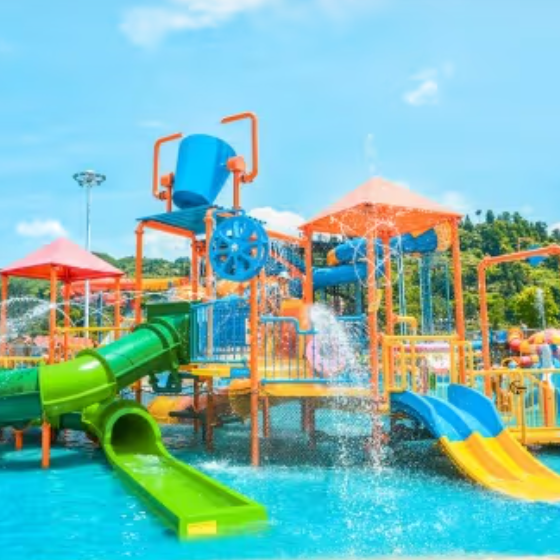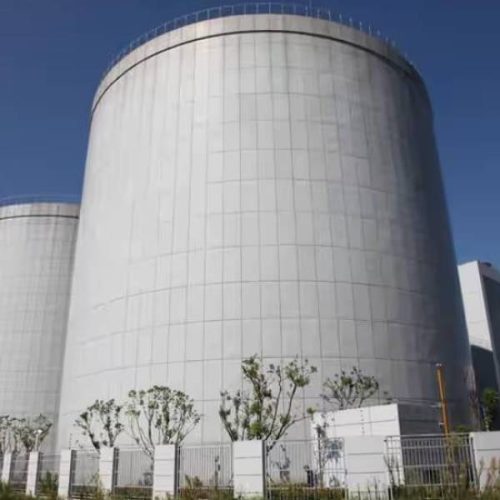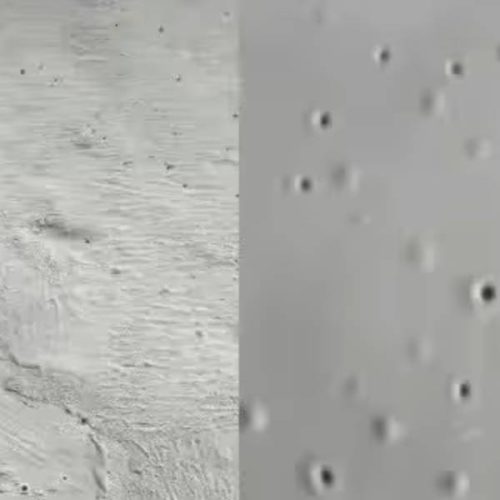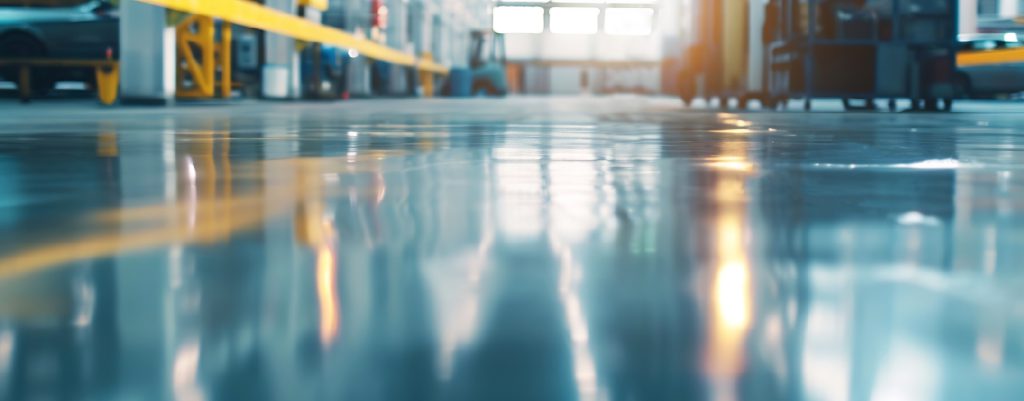Swimming Pool Waterproofing: Tiling or Coating?
As temperatures rise, water parks and home swimming pools are becoming increasingly popular. When constructing or repairing pools, choosing the right waterproofing method for pools presents a significant challenge. As long-term water storage structures, pools undergo stress deformation due to water storage, replacement, and temperature fluctuations, which requires high-quality waterproof materials. Pool coatings must possess excellent water resistance, aging resistance, and corrosion resistance, and need to balance rigidity and flexibility to withstand hydraulic pressure and substrate deformation.

Currently, there are two primary methods for swimming pool waterproofing: tiling and waterproof coating application, each with its advantages and disadvantages:
1. Tiling:
- Pros: Decorative, resistant to chemicals, easy to clean.
- Cons: Lengthy construction period; grouted joints are uncomfortable to walk on and slippery, posing a risk of injury; tiles lack elasticity and can expand or contract with pool temperature variations, leading to detachment or cracking, creating safety hazards and potential leaks.
2. Waterproof Coating:
- Pros: Better overall waterproofing, convenient construction.
- Cons: Ordinary waterproof coatings have poor weather resistance and can discolor over time, especially in continuously submerged areas. They are susceptible to chemical erosion, leading to fading, cracking, or detachment. Moist areas can be slippery; quartz sand can be added to improve slip resistance by increasing surface roughness; however, it can be abrasive and increase the risk of injury in falls.

Therefore, how can we choose the right materials to address these issues?
For tile-surfaced pools, an elastic, high-performance transparent waterproof coating, Polyaspartic Polyurea, can be added. This transparent waterproof paint is specifically designed for tile-based pools. It's easy to apply directly on tile surfaces without altering their natural color, making it more comfortable to walk on while enhancing waterproofing. It can also be used for repairing damaged or leaking pools. This material possesses excellent anti-slip, wear resistance, and environmental friendliness, ensuring high safety standards.
For pools with waterproof coatings, it’s crucial to consider the performance of the materials used. Polyaspartic Polyurea coatings integrate waterproofing, decoration, and corrosion protection. This high-strength elastic waterproof material offers efficient waterproofing and a comfortable walking experience. Its outstanding weather resistance, UV and temperature fluctuation resilience make it ideal for long-term outdoor use without discoloration, fading, or cracking. Its exceptional elasticity effectively prevents cracking due to concrete substrates and thermal cycling, demonstrating strong environmental adaptability. With excellent adhesion, it remains bubble-free, non-peeling, and non-hollow over time, providing slip resistance and wear resistance, making it an ideal choice for swimming pool waterproofing.
Feiyang has been specializing in the production of raw materials for polyaspartic coatings for 30 years and can provide polyaspartic resins, hardeners and coating formulations. Some of our polyaspartic coating formulations: Polyaspartic Coating
Feel free to contact us: marketing@feiyang.com.cn
Our products list:







